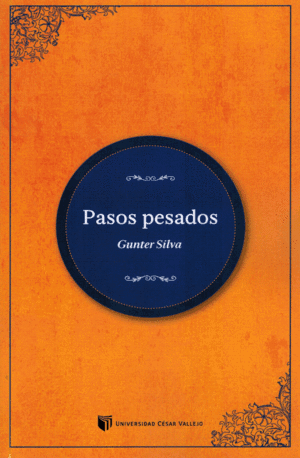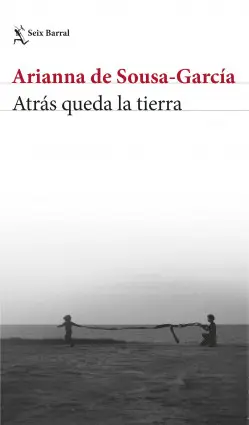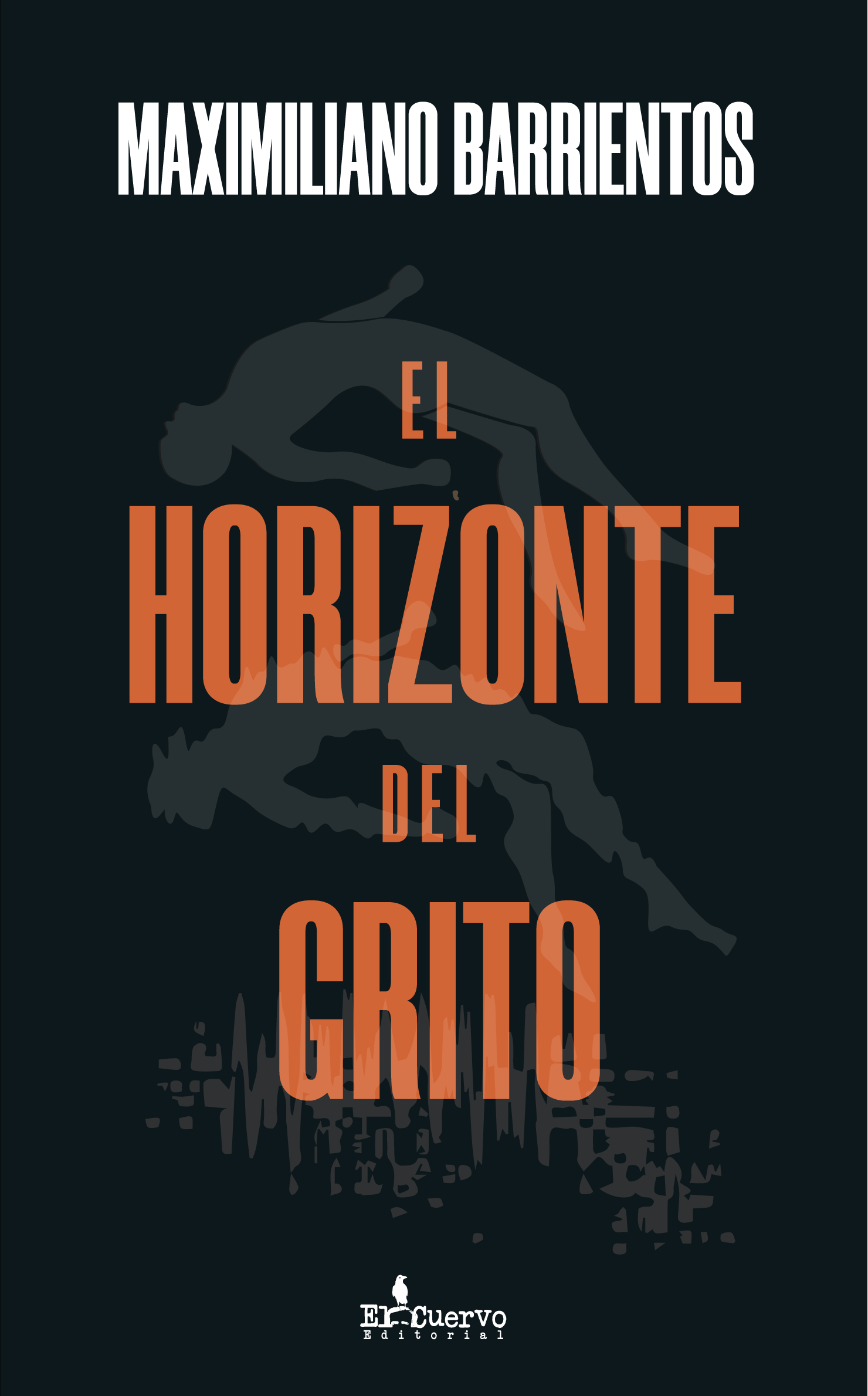Pasos Pesados. Gunter Silva. Lima: Fondo Editorial UCV. 2016. 159 pages.
 Perhaps it is not entirely right to talk about national literatures in terms other than what Mexican poet Octavio Paz called “local color.” If that is the case, maybe we should not speak of Peruvian literature, but rather of Peruvian writers. Gunter Silva Passuni is an indie writer who has published two books to date: an anthology of stories titled Crónicas de Londres [London Chronicles] and recently his first novel Pasos pesados [Heavy Steps]. Possibly, and I would go so far as to say in a way unnoticed by the author himself, Silva’s anthology and novel have many more similarities than the author proposed or admits to noticing.
Perhaps it is not entirely right to talk about national literatures in terms other than what Mexican poet Octavio Paz called “local color.” If that is the case, maybe we should not speak of Peruvian literature, but rather of Peruvian writers. Gunter Silva Passuni is an indie writer who has published two books to date: an anthology of stories titled Crónicas de Londres [London Chronicles] and recently his first novel Pasos pesados [Heavy Steps]. Possibly, and I would go so far as to say in a way unnoticed by the author himself, Silva’s anthology and novel have many more similarities than the author proposed or admits to noticing.
In his pages we find that disillusionment, the ineffableness of fate, the tacit and explicit violence in class differences, in poverty, and in self-exile as well as the open and elliptic endings are recurring themes in this author’s narrative. And it is precisely the theme of the violence that he underscores in this novel. This work not only recreates scenes of Peruvian violence, but also, thanks to the handling of literary elements unique to the novel, manages to offer the reader a wider and more complex idea of the armed conflict in this country. It is certain that contemporary societies, even more so those that have violent experiences in their recent history, see their pasts not only as the tools for the construction of memory but also as a duty. And this duty to remember the past falls to the young protagonist, Tiago E. Molina.
The Shining Path’s violence, the chaos, and uncertainty at the end of the 80s serve as the novel’s background. Difficult years, in which it is estimated that 60,000 victims perished. But, what are the steps to which the title alludes? In reality, they are those of the transit of youth uprooted by governmental corruption on one side and revolutionary discourses on another. They are also the lost steps of a generation whose only option is to escape from that país de mierda [shit of a country], where moral and ethical codes are almost nonexistent. The latter is masterfully captured in the novel in the constant moral, political, and emotional ambiguity of characters like Neyra, an intelligence agent who has infiltrated the university, who plays for and against his institution, all for his own benefit.
Therefore, Pasos pesados, portrays the effects that this armed conflict and its counterinsurgency had on all parts of Peruvian culture. For example, at the beginning of the novel, one of the university professors, nicknamed El Gato [the Cat], is fired then murdered by members of the intelligence service, apparently just because of his critical spirit, his popularity among students, and predilection for Marxist thinking. In fact, the chair of his department had already told him, “usted tiene muchos libros de tapas rojas, eso es un peligro en este país” [you have many books with red covers, that’s dangerous in this country], which the professor interpreted as an observation and not for what it truly was, a warning. This does not appear to be merely a loose phrase in the book, but as a reminder that not only the Shining Path in Peru but also the FARC in Colombia were both controlled by ex-university professors, the philosopher Abimael Guzmán and the anthropologist Alfonso Cano, respectively. The latter points to one of the largest truths of the novel: its ability to portray faithfully one of the most crucial elements of those fateful years without succumbing to political pamphleteering.
Everything revolves around Tiago. It is through him that we enter into contact with very disparate characters of Peruvian society. Tiago loses his virginity in a modest bedroom in a barrio joven [young neighborhood]—as poor neighborhoods in Cusco are euphemistically called—and not as he had always imagined it with a young girl from a refined school in Lima. We later see that our hero takes refuge in the love of an American, Emma, who works as a music critic in the Peruvian rock scene, but without ending his pursuit of Ana, his true love. Ana Del Valle is a young woman from a well-to-do family, who ends up physically symbolizing the political setbacks of a country where social mobility can be precarious because of the unscrupulous ways in which it is obtained
We watch as the protagonist suffers to maintain his university studies, in a country that is falling to pieces and it is he who manages to connect with the most disparate people. A talent perhaps recognized by his murdered professor, since the latter awards Tiago, almost posthumously, the highest grade in the course even though Tiago had not turned in the last assignment (an interpretive essay). Tiago represents, in a tacit but obvious way, the possibility of overcoming the obstacles of class, race, and ideology that separate all contemporary society. Despite social differences, he persists in his love for Ana. And she is a humble local girl with the Quechua nickname Waikicha, “a copper woman” with a “symmetrical smile and whose teeth are as brilliantly white as Andean snowfalls,” with whom he loses his virginity and creates the vital and final connection between him and Ana.
Not only is Pasos pesados a thought-provoking novel, but it also does not lose its driving force guaranteed by the entertaining and pleasant arrangement of narrative sequences. It is a well-told novel whose prose teems with lyricism and vitality. There is also a concealed humor that sometimes blooms in imaginative ways. In one scene, Tiago observes two books in Waikicha’s unassuming room: César Vallejo’s Tungsten and José Carlos Mariátegui’s famous collection, Seven Interpretative Essays on Peruvian Reality. When Tiago asks her if she has read them, Waikicha responds: “Only Tungsten, I already know Peruvian reality.” Similarly, the novel opens with the phrase, “En Lima to be or not to be mean the same thing,” parodying the Marxist Hegelian dialectic so favored by the deceased university professor.
There are not many novels like Pasos pesados in Spanish, a cardinal and youthful book in which literature, music, and politics intertwine. Some novels of this sort could be Andrés Caicedo’s Liveforever or Roberto Bolaño’s Savage Detectives. Regardless, what Gunter Silva Passuni has achieved is to suggest and recreate in these pages the many dichotomies, contradictions, and deceptions of an entire generation of young people condemned to live in countries where it is impossible to feel any kind of belonging or identification, another generation lost because of violence and corruption. It is there that the heaviness of these steps resides, which are at once intense and poetic.
Juan Toledo, London. 23 August 2017
Translated by Auston Stiefer







